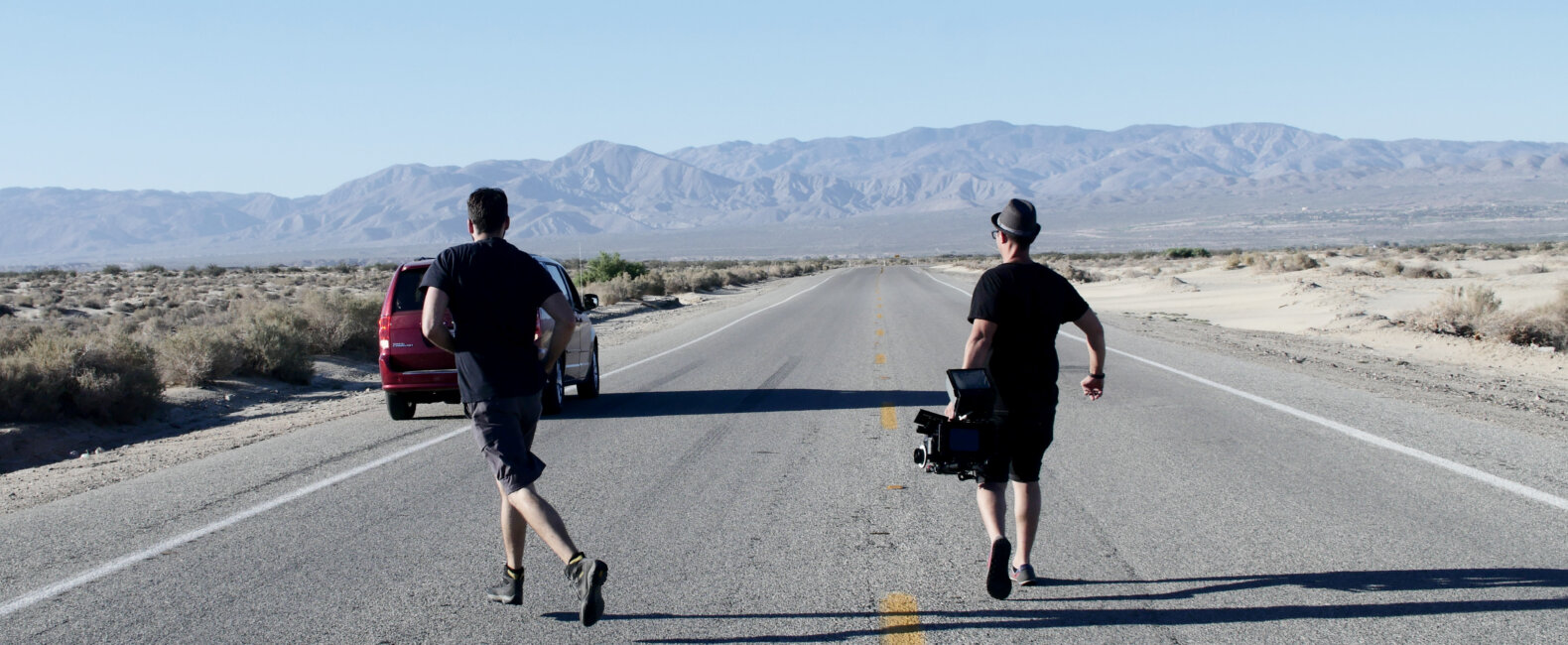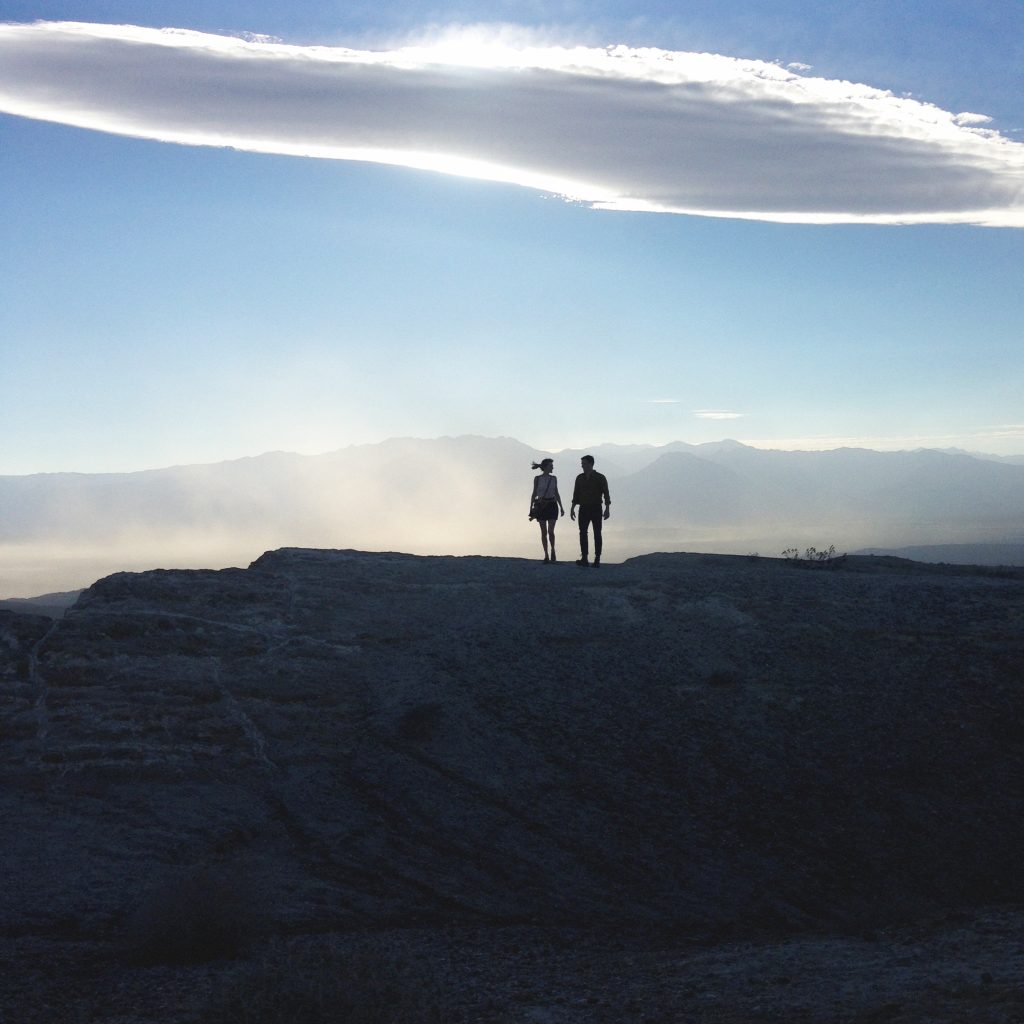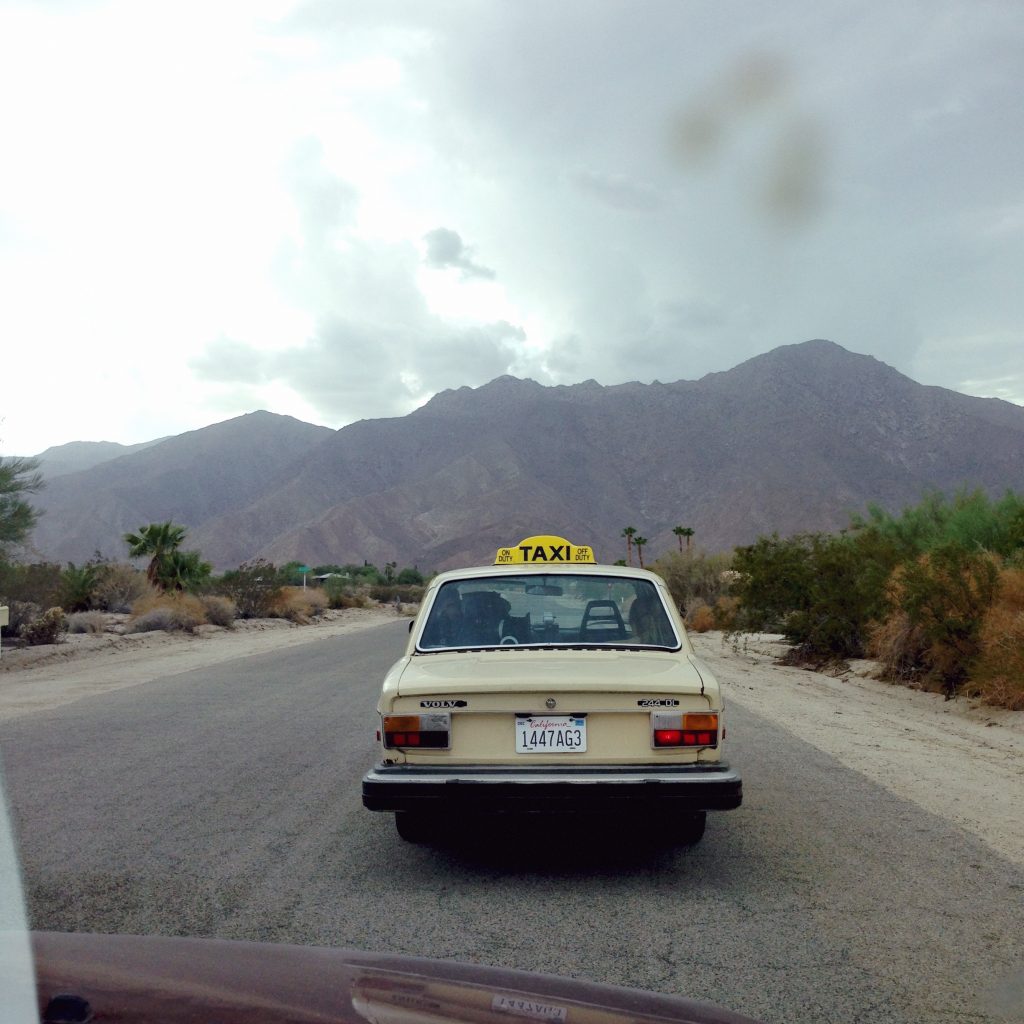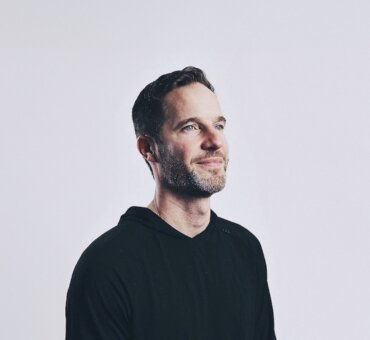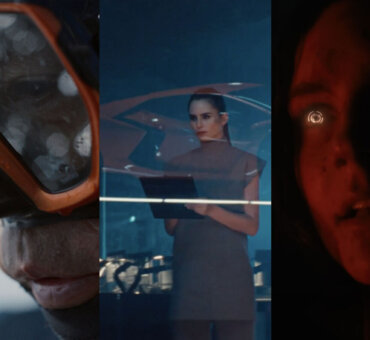We’ve been fans of Diego Contreras since before his breakthrough film Islands nabbed a Vimeo Staff Pick in 2013. Since then, his career has been on the rise, taking him briefly through one of the most well-respected ad agencies in history (BBDO), and more recently into the realm of professional filmmaking. Not long ago, he directed two stunning short films for The Lincoln Motor Company, Bloom and Open Your Eyes. And he’s done it all within two years.
We were curious to learn how he did it — what his secrets are. So we called him up to check in.
Our conversation was refreshingly honest and vulnerable. While a skyrocketing career might seem idyllic from the outside, it comes with some very real challenges. Adjustments. Making the jump from amateur to professional filmmaking can be jarring, and that’s exactly where we found Diego. With his characteristic vulnerability and humility, Diego was willing to give us an honest picture of what it takes to truly make a go at this lifestyle.
Here’s our friend Diego.
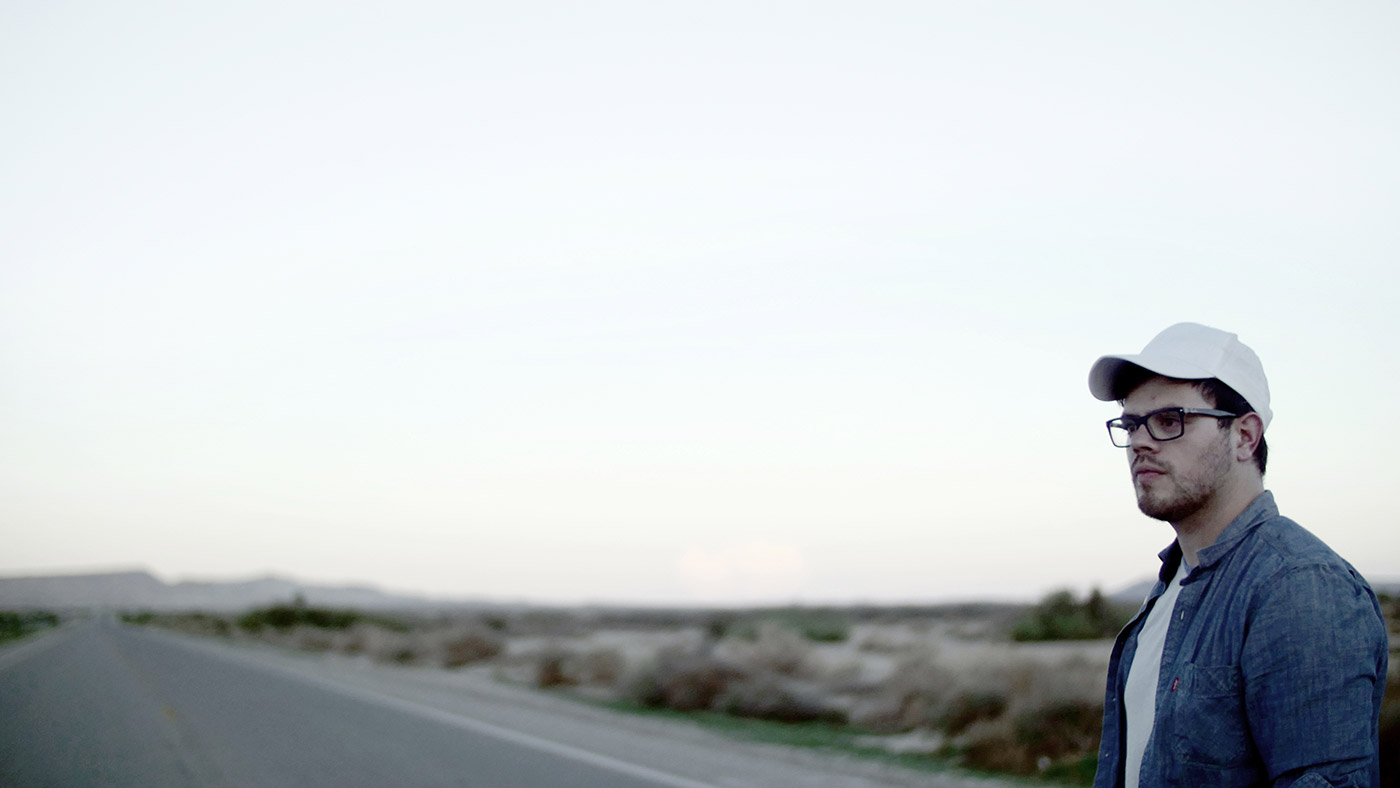
You’re kind of in between things right now.
Yeah, I took a nice break after my last project, and now I’m working hard on getting the next projects going. I’m also trying to focus some of my time this year on going back to doing personal projects. But in the meantime, I’m sort of waiting.
The last time we talked, a year ago, it was your last day at Anomaly.
Wow, yeah. After Anomaly I spent some time at BBDO NY working on some fun campaigns for GE and Belvedere Vodka, but I left much sooner than I expected. By July of 2014, I officially joined the roster at Bullitt, a new production company. It’s been exciting to be a part of that team.
We love the films you recently did for Lincoln. Externally at least, it seems like your career is blooming.
It’s definitely a new experience for me. It’s been a wild year. To go from a career in advertising where I was going up and up and feeling like I was becoming successful at it, and then completely letting go of that and chasing after a new dream… in a way it felt like starting from the bottom again.
“I don’t care if it’s a small budget. If you have a lot of ambition and a really awesome team, you can put out really good work.”
I often get emails and messages on Vimeo asking for advice on how to make it as a filmmaker. It’s humbling to see how people perceive my work. But honestly, for me it’s still a bit daunting as a newcomer. The switch to full-time directing definitely came with its challenges. You pitch a lot of projects, and sometimes very exciting ones, but it doesn’t always mean you get them. Sometimes you plan a whole month around a project, and then it falls through at the last moment and you have to start all over again.
I know you’d always planned on transitioning out of BBDO into full-time filmmaking, but did you expect it to happen so soon?
It’s funny. I got an email from Bullitt the day after I launched the Kool Head video, which was exactly a month after I joined BBDO. It was pretty unexpected. I put a lot of work and heart into the Kool Head project, but I wasn’t sure how it was going to be received. So it was pretty surreal to get an email from a production company like Bullitt, which I quickly found out was started by Justin Lin from Fast & Furious and the upcoming True Detective, Joe and Anthony Russo from Captain America, and Todd Makurath, a former COO at Caviar, which has always been one of my favorite production companies. And all of these guys were cc’d in that first email.
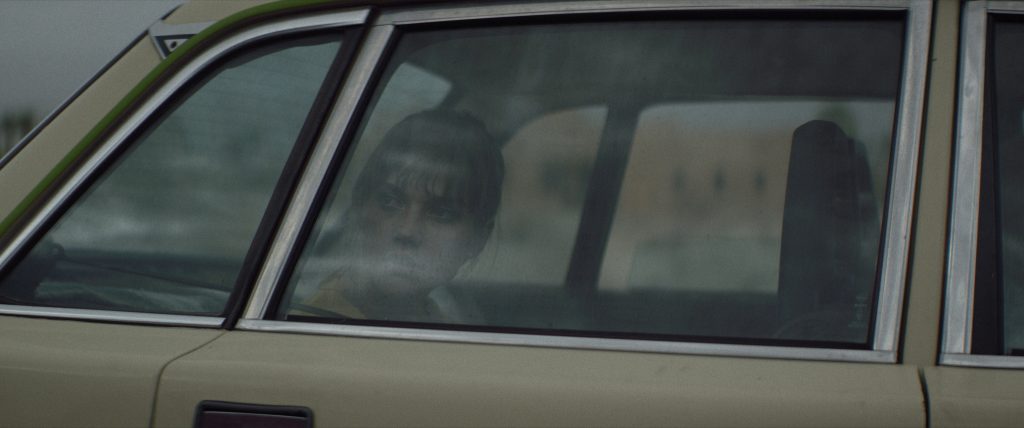
What did the email say?
Want me to look it up?
Yes, please.
{Typing} Okay, I’m going all the way back to the first conversation. I got two separate emails. Want me to read them out loud?
Sure.
So the first one was a little more introductory. “Just saw your video on AgencySpy and really dig it. It’s really arresting and a perfect little short story for the track. What a perfect way to discover some awesome new music.” Then Todd introduced himself: “I’m starting this new company with Justin Lin and the Russo brothers.” Then he said, “I’d love to work with you if you have the interest in working on more directing projects.” That led to another forwarded email, which was {Laughs}, which was Joe Russo telling the other guys in the company, “Grab that guy! That video is excellent!”
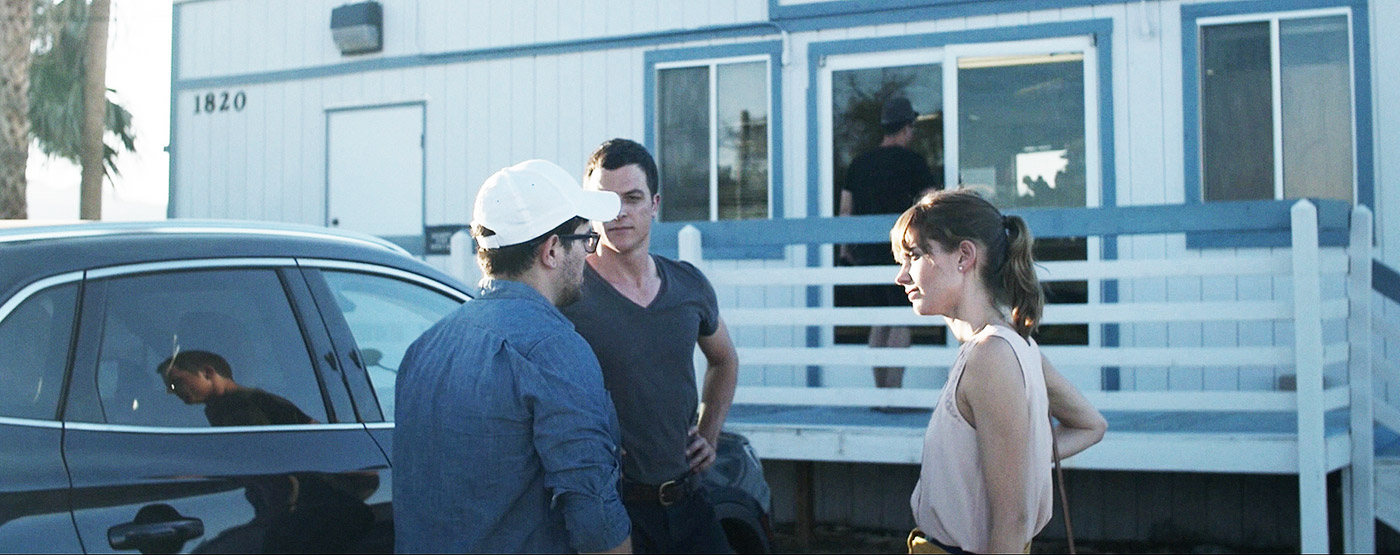
Whoa.
“You jump into situations and you sort of realize you do know what you’re doing. It’s just that there’s always that nerve-wracking feeling that you’re jumping into something that’s a little more advanced than you should be.”
It was exciting. This is what I’ve always wanted to do. After a few weeks of emails and phone calls, I decided to join the company. But I didn’t want to leave BBDO right away, so I decided to stay another six months. Still, it was surprising to know after only my second month there that I was leaving the agency.
You always seem surprised by your success. Do you have a hard time accepting yourself as the caliber of filmmaker you actually are?
No. I mean, I’ve worked extremely hard. And I know the crazy amount of work I’ve put into even the smallest projects has paid off. Even the Lincoln project. That budget was small compared to advertising standards, and I don’t think they were expecting what came out of it. That’s partly because I always have this mentality of, “I don’t care if it’s a small budget. If you have a lot of ambition and a really awesome team, you can put out really great work.”
In a way, I’m not surprised things have turned out positively for me, but it’s all still a little bit surreal. There’s still a part of me that feels like I have no clue what I’m doing. That I have no experience. But maybe it’s all just in my head. Because the thing is, you jump into situations, and then you sort of realize that you actually do know what you’re doing. It’s just that there’s always this nerve-wracking feeling that you’re jumping into something that’s way more advanced than you’re ready for.
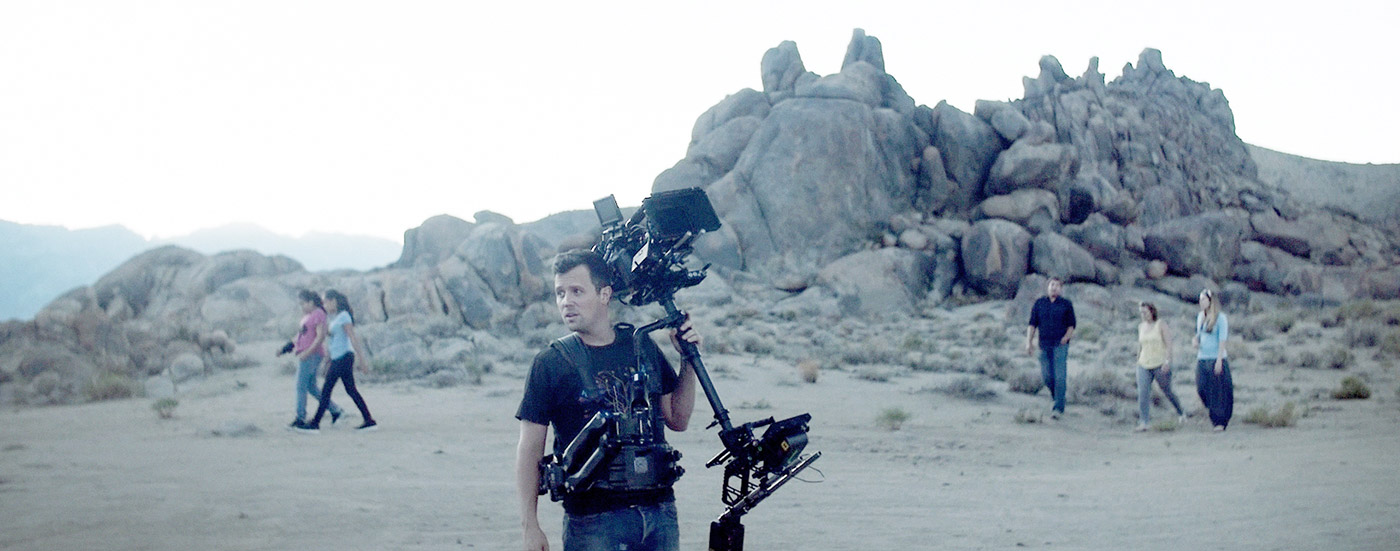
How do you push past that?
I think it’s all about not being afraid. It’s about getting past that little bit of fear that maybe you’re not good enough or maybe you’re not prepared for something big. But there’s really no way around it. You have to push those thoughts aside and just go for it.
I love that your hard work has actually paid off. I know with the Kool Head video, you meticulously crafted a treatment — even for such a low-budget music video.
It’s funny you mention treatments. The more I work as a director, the more I see the treatment as such a huge and important thing. The same happened on the Lincoln project. I put an extremely obsessive amount of work into that treatment. I knew we weren’t getting the biggest budget, but I created a treatment that was like, “Here’s a dream scenario. Here’s what we could do if we had a lot of money.” That’s the reason someone like Khalid Mohtaseb, a filmmaker I admire so much, joined the project. Maybe that’s just the way my brain thinks. I disregard the fact that there’s a budget. It’s a bit irresponsible, but I try to dream big. And if you then keep that vision, if you fight as much as you can to make it happen, then there’s a big chance it actually will happen. And you come back from a shoot wondering how in the world you pulled it off. I think it’s better to dream big than to limit yourself with what you’re given.
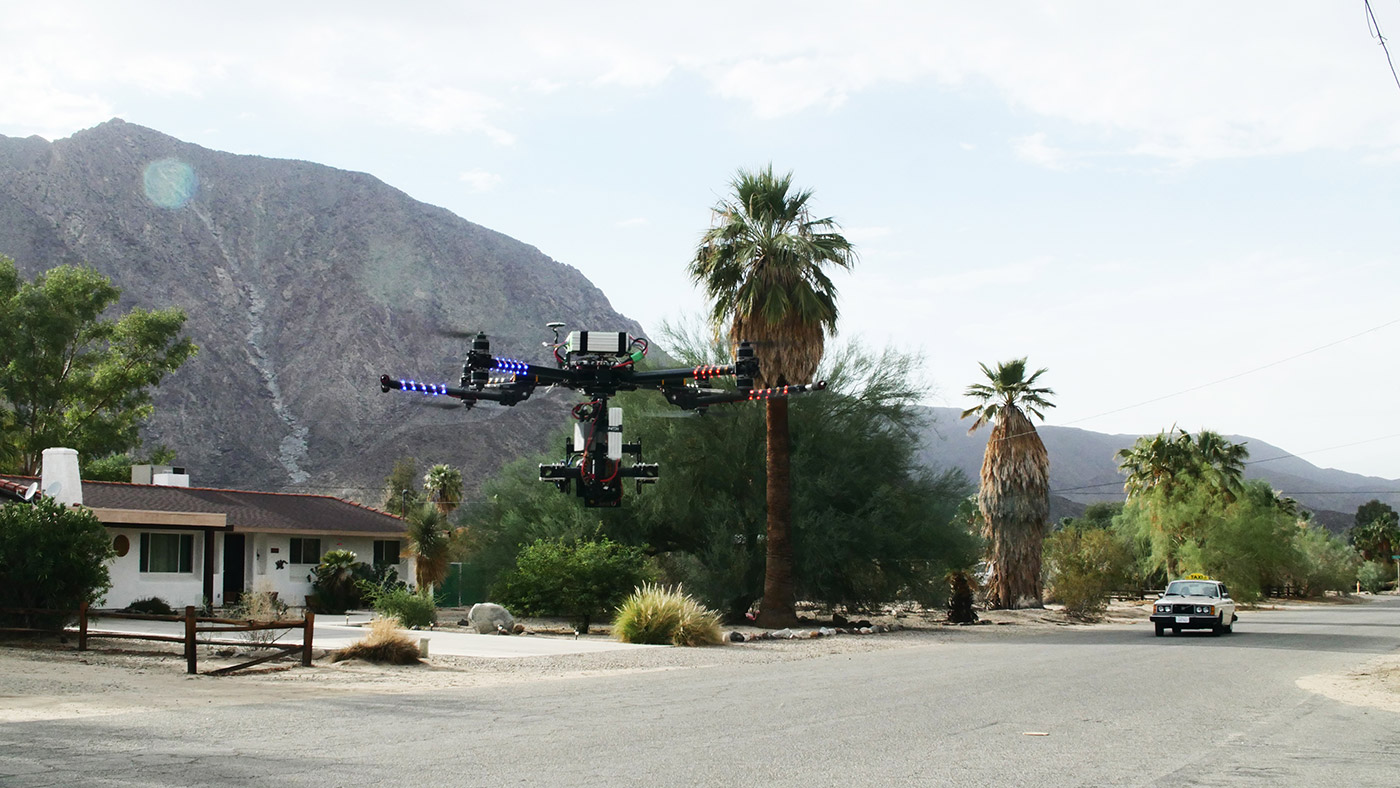
Has becoming a full-time filmmaker been different than you expected?
A little bit. I jumped into it thinking I’d be shooting 24/7. Which isn’t really the case. Some of my friends have been happy to chime in and say, “Welcome to the life of a director.” To be honest with you, the process can be challenging. When I had a full-time job, I always worked on my films as fun side projects. It was just me doing it for love and for the slightly selfish need to create something new. But now it’s different. This is what I do for a living. And I can get a little impatient when I’m not working on something new.
It’s like I was saying before about starting from the bottom. You don’t always have the luxury of being selective with projects. I’ve definitely considered all sorts of projects now that I would have passed on before. But part of me doesn’t want this to get to the point where it feels like a job, just something I do to pay the bills. I want to make sure everything I’m doing is for the right reasons.

“I think it’s better to dream big than to limit yourself to what you have. Even if you just come close, it will still be better than what you would have settled for.”
So let’s talk about Lincoln. How did this project come about?
I had lunch one day with Jeff Hurlow from Vimeo, and he was talking to me about doing a project like this, where Vimeo partners with a brand to tell a different kind of story. I tried to pitch for it, but I didn’t even have time to put a treatment together. Jeff kept calling me back and eventually Lincoln came up. What was exciting about the project was the amount of creative freedom that came with it.
What sort of guidelines did they give you?
It was probably one of the simplest briefs I’ve ever seen. They just wanted to tell stories about living life to the fullest and taking risks. That was the brief. I was asked to write six stories, and all of them had to take place in different places around the USA.
It was crazy. I had about five days to write those six stories. And this happened a day before I was jumping on a plane to Argentina for a shoot. I was writing pretty much the entire plane ride. Then I got to the hotel, and while everyone was out partying and eating steaks, I was writing until about 7 a.m. I had to be ready for a shoot two hours later. I remember feeling like a train wreck. But that’s how bad I wanted it.
You’ve worked on major brands at your ad agencies before, but did it feel different working on a major brand as Diego Contreras?
It was different. I think what excited me about the project was that it could be entirely my story. It wasn’t trying to be a commercial, pushing a product or a feature. And I could make most of the creative decisions myself. It could have been a minute long or it could have been 10 minutes long, which is what Bloom ended up being. That level of freedom was refreshing.
After Lincoln selected the two stories they liked, there were no discussions about changing them or nitpicking scenes. I loved that. In the agency world, we’d sometimes discuss a 30-second commercial for five months. But with the Lincoln project, once the stories were selected, there was no discussion about the creative until the first cuts were sent out.
Did they have feedback on the first edit?
{Laughs} Three months of feedback. But that’s not unheard of. My feeling is they were originally expecting a much simpler visual montage kind of video. And what we came back with was much bigger. So it’s understandable that everyone suddenly had an opinion about it. That’s when it’s great to have trust with a client and be able to defend your work, protect your vision.
Are you good at defending your work?
I’ve learned to be pretty good about defending it. You have to have reasons for the things you do. And good ones. A client is paying for this, so it’s not like you own the story. You have to know from the beginning that you won’t always get your way. They’re the ones investing in it, and you have to respect that. You have to know how to deal with them respectfully and put forth your best explanation for why you want to do things a certain way. You lose some battles; but if you’re smart, you can win a lot of them too.
How have you advanced so quickly in your career?
Part of it is I’ve given up on having fun in my free time.
{Laughs}
For real.
Oh.
{Laughs too} I mean, that’s been one of the challenges, seeing other people having fun. Going on vacations, going out on weeknights, binge-watching TV shows, hanging out with friends, eating steaks, all sorts of things. And somehow I’m usually working. But I think it pays off. It gets you where you want to be faster. But honestly, that’s not the only reason I work so much. I really love what I do, and I want to make sure I do the best work I can possibly do. So if that means giving up other stuff…
“You have to know how to deal with the client respectfully and put forth your best explanation for why you want to do things a certain way. We lost a lot of battles, but we won a lot of them too.”
You know, I sometimes have these conversations with people sometimes, and they tell me, “I want to be a director five, ten years from now.” And I’m like, “You can start that right now if you really want to. There’s nothing holding you back.” I think it’s about being willing to go for it. There’s nothing preventing anyone from trying. It’s about taking the steps necessary toward doing what you want to be doing.
Why do you make films?
For me, it’s all about the emotions. That’s how I know whether I’m doing something right or not. When I can feel something. If I don’t feel anything, then something’s not right. On Bloom, the second cut had no emotion to it. I just didn’t feel anything. I was like, “I just watched something that didn’t make me feel anything at all.” And if my name’s going on something, then I really want it to come along with some kind of emotion.
The first cut of Bloom — cut by our editor Alex — was beautiful and emotional, but much longer than expected. We tinkered with it; and after a million opinions from different people, it started going in the wrong direction. I ended up looking at it like one of my personal short films, trying to squeeze emotion out of it. And I’m happy to say that Bloom ended up being something that made us feel all sorts of great things. It was funny, awkward, and romantic all at once.
Have you gotten better at creating emotions over the years?
I think so. Even when I’m writing, I can tell whether it has emotion or not. If the story has emotion on paper, then it’s definitely going to have emotion on film.

What is it that makes something emotional?
It’s different for each story. Bloom reminds me of my long-distance relationship with my wife while we were dating. Loving someone from far away without being able to express it physically. Open Your Eyes reminds me of the sacrifice and love of family.
Part of it is we live in a world that feels so detached from emotion — we’re working most of the time and staring at screens all day long. So for me, anything that can bring me back to a simpler world, especially one filled with hope and happiness, I can find emotion there.
One thing that was challenging on Bloom was trying to tell a romantic story without going into a cheesy world. I tried to make sure there was no physical contact between the characters in the story. Maybe just once. She leans on his shoulder. But so much of life happens inside of us, in a way that’s not physically expressed. In Bloom, the emotions live only inside the characters’ heads, even until the ending. For me, it was about exploring an alternate romantic story.
It’s like the very beginning of something. Like a flower just starting to bloom.
Oh, yeah. That’s actually why it’s called Bloom. I just remembered.
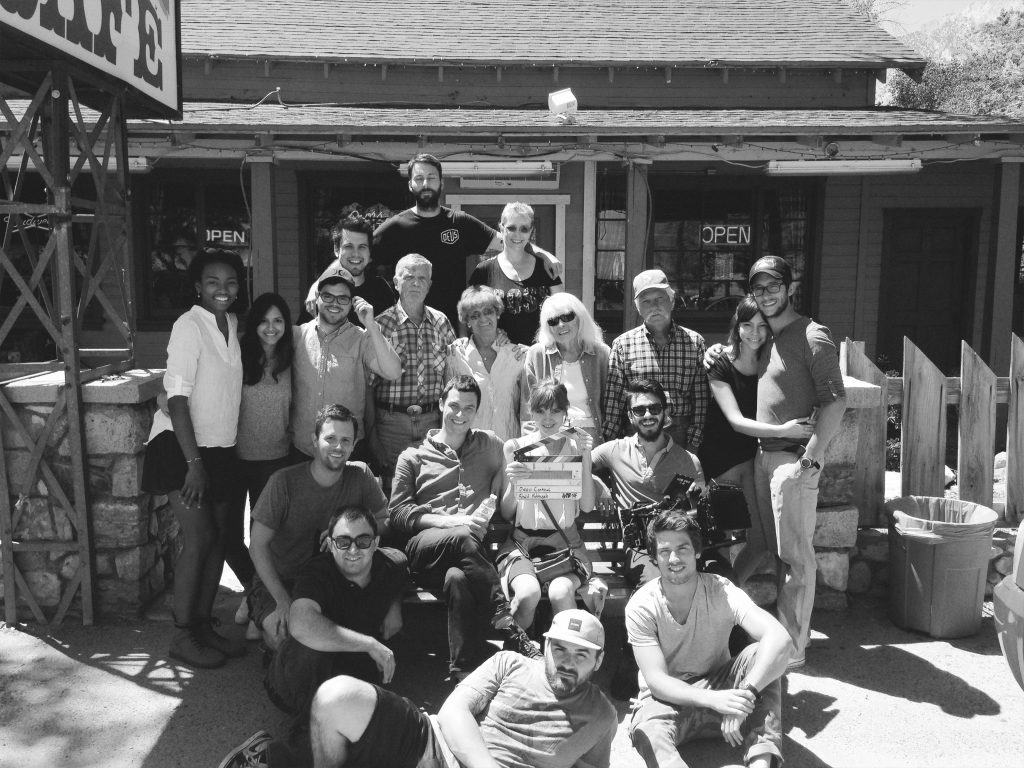
We can’t thank Diego enough for his honesty and vulnerability. While creating beautiful films full time is a dream many of us share, there are some very real challenges and sacrifices that come with it. For Diego, though, it seems to be paying off. His work speaks for itself, and we will be keeping an eye out for what’s coming next. We recommend you do the same.















































































